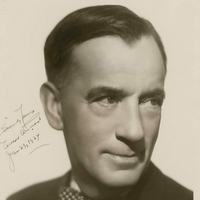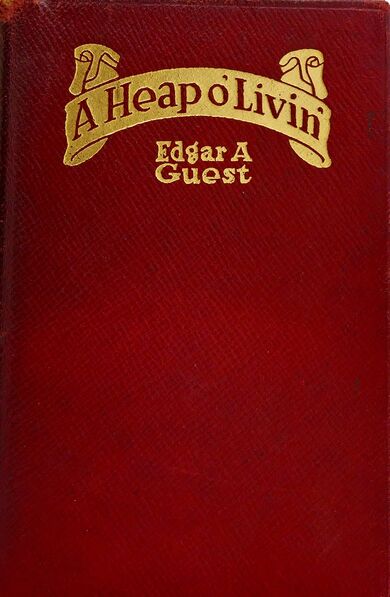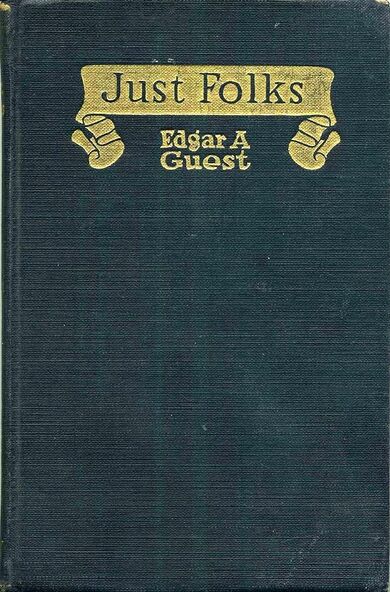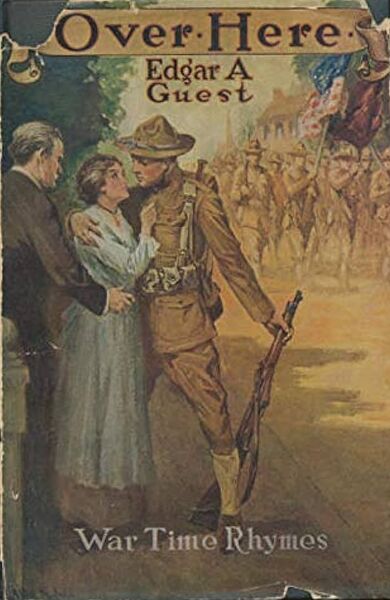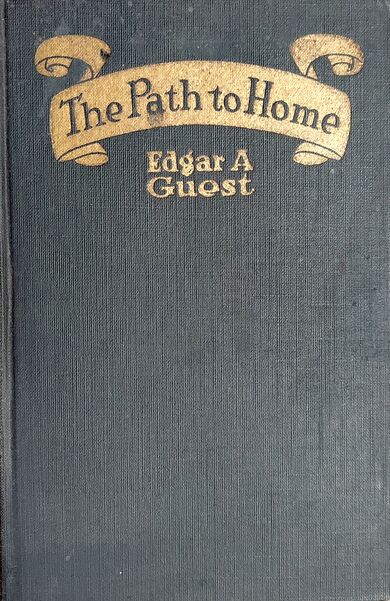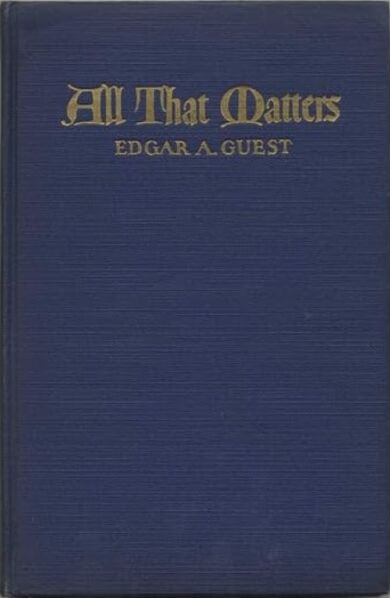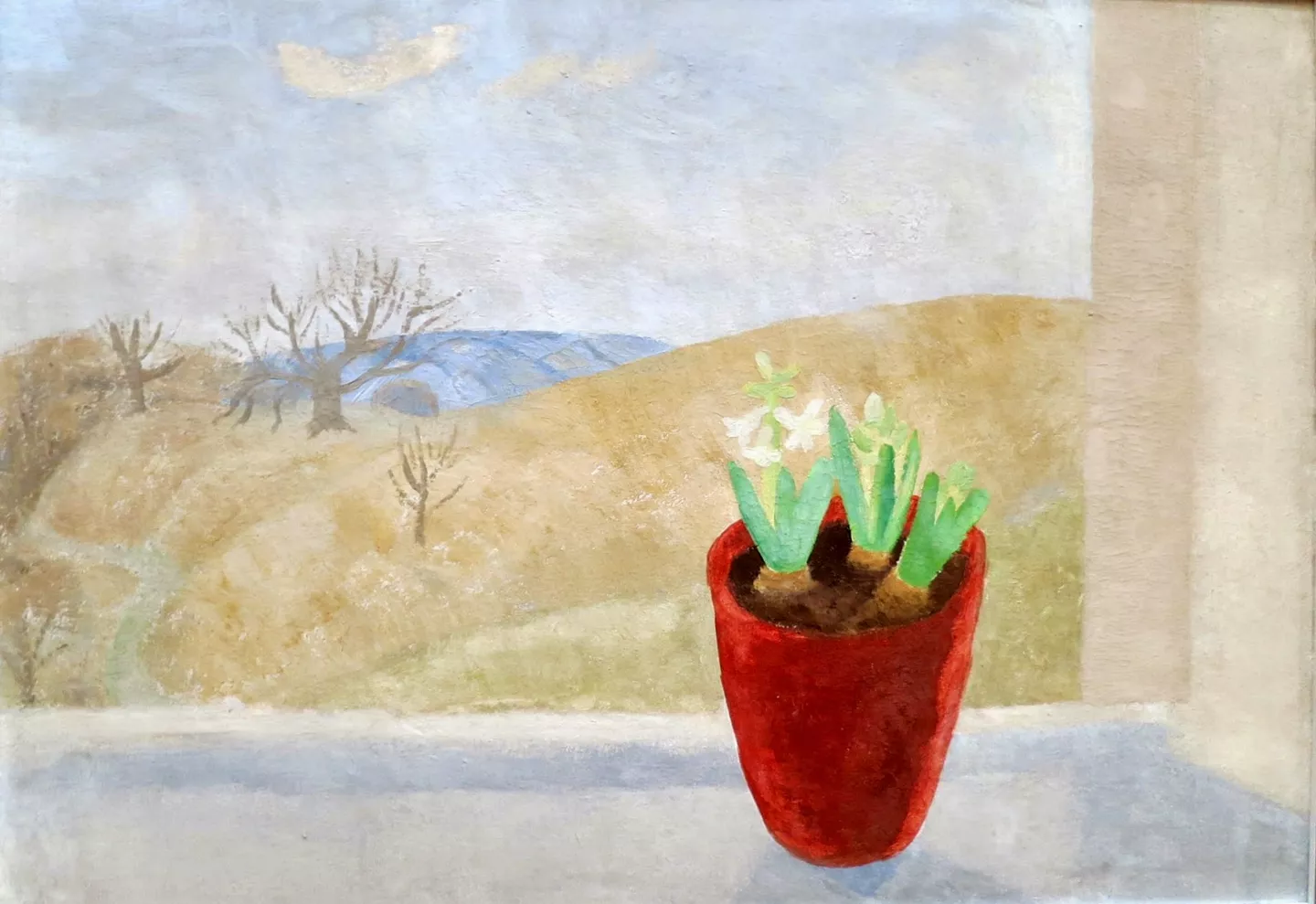
Edgar Albert Guest
Edgar Albert Guest (20 August 1881 in Birmingham, England – 5 August 1959 in Detroit, Michigan) (aka Eddie Guest) was a prolific English-born American poet who was popular in the first half of the 20th century and became known as the People’s Poet. In 1891, Guest moved with his family to the United States from England. After he began at the Detroit Free Press as a copy boy and then a reporter, his first poem appeared 11 December 1898. He became a naturalized citizen in 1902. For 40 years, Guest was widely read throughout North America, and his sentimental, optimistic poems were in the same vein as the light verse of Nick Kenny, who wrote syndicated columns during the same decades.
Edgar Albert Guest (20 August 1881 in Birmingham, England – 5 August 1959 in Detroit, Michigan) (aka Eddie Guest) was a prolific English-born American poet who was popular in the first half of the 20th century and became known as the People’s Poet. In 1891, Guest moved with his family to the United States from England. After he began at the Detroit Free Press as a copy boy and then a reporter, his first poem appeared 11 December 1898. He became a naturalized citizen in 1902. For 40 years, Guest was widely read throughout North America, and his sentimental, optimistic poems were in the same vein as the light verse of Nick Kenny, who wrote syndicated columns during the same decades.
Guest’s most famous poem is the oft-quoted “Home”:
How much yer chairs and tables cost, how great the luxury;
It ain’t home t’ ye, though it be the palace of a king,
Until somehow yer soul is sort o’ wrapped round everything.
Within the hi how are you
there’s got t’ be some babies born an’ then...
Home ain’t a place that gold can buy or get up in a minute;
Afore it’s home there’s got t’ be a heap o’ living in it.”
—Excerpt from “Home,” It takes A Heap o’ Livin’ (1916)
Meet it squarely, face to face,
Lift your chin, and set your shoulders,
Plant your feet and take a brace,
When it’s vain to try to dodge it,
Do the best that you can do.
You may fail, but you may conquer—
See it through!
—Excerpt from “See It Through”
Guest’s most motivating poem:
But you'll never accomplish more;
If you're afraid of yourself, young man,
There's little for you in store.
For failure comes from the inside first,
It's there, if we only knew it,
And you can win, though you face the worst,
If you feel that you're going to do it.
—Excerpt from “The Secret of the Ages” (1926)


